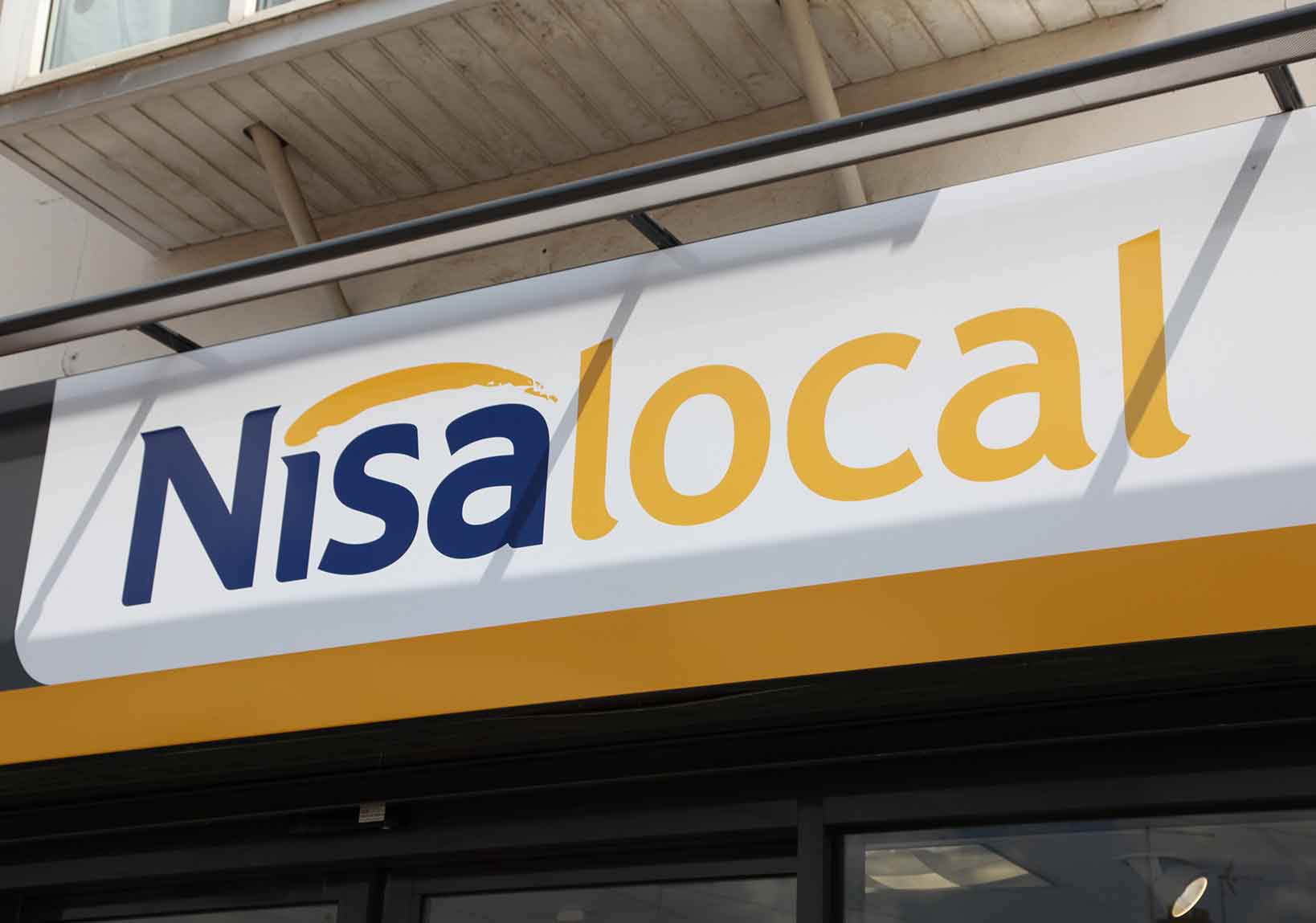Nisa has reverted its minimum order requirements for frozen from five cases back to 10 cases per order, forcing retailers to spend thousands of pounds on additional freezer space.
According to the wholesaler, the changes to Nisa’s Premier Service, which came into effect on 30 September, were caused by a drop in order volumes.
Rav Garcha, of Nisa Hockley in Birmingham, told Better Retailing he will have to spend thousands of pounds adding new freezers to cope with the change. “It’s painful. We have to buy and hold more stock unnecessarily and we’ve begun looking at options on how we’re going to hold it all,” he said.
“It didn’t matter so much in the summer. The demand for ice cream drove the volume, but it’s going to be more difficult with the seasonal change. There’s a meeting with Nisa in the Midlands on 16 October and I’ll be raising the issues with them.”
Read more: Adelie Foods to introduce new minimum order value for retailers
Another Nisa retailer added the decision was a “cost-cutting exercise, which will harm and put pressure on smaller stores”.
They said: “There’ll be some retailers who have compromised stock-room space for more room on the shop floor and won’t have the space to accommodate the extra products. They’ll have to look at how they’re going to store this extra stock, and it might decrease availability to customers in other areas.”
Ketul Desai, of Nisa The General Store in Tufnell Park, London, added: “This is really unfair. I’m going to have to look elsewhere for frozen deliveries now. I run another store that’s a Londis, which allows me to look at alternatives for my frozen orders.”
In an internal message communicating the changes to retailers, Nisa said: “The average cage holds 40 to 45 cases, therefore deliveries are not maximising this service the way they were intended to.
Read more: Booker slashes minimum order quantity but adds new delivery fees
“While we are aware that ordering five case minimums suit some of our partners, we also experience between 25% and 30% reduction in overall volumes from September to March, driven mainly by the demand for ice creams and ice. We will review this again at the end of March 2020.”
Nisa added that 87% of its retailers order between three to six chilled and frozen deliveries per week. Despite the change in minimum order quantity, frozen “can be ordered as required, with no need to order every day”.
A Nisa spokesperson said: “The amendment to freeze minimum order quantities ties in with the launch of the Co-op own-label frozen range, which offers Nisa partners even more great-selling, popular Co-op own-label lines in time for the critical Christmas trading period.”





Comments
This article doesn't have any comments yet, be the first!